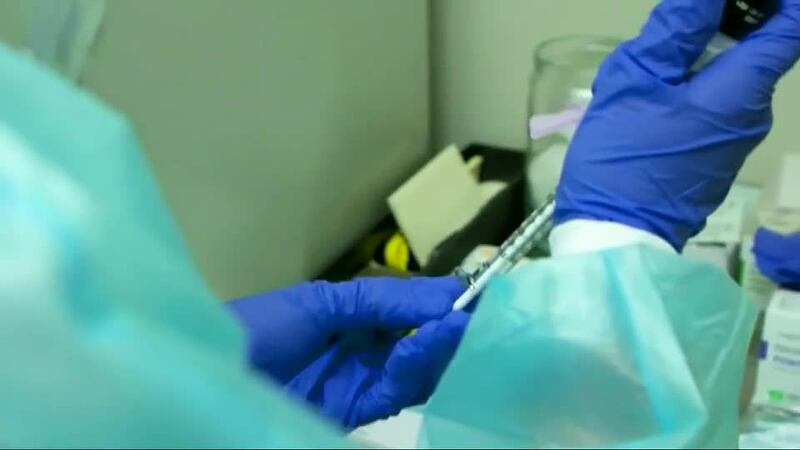SEATTLE — Washington will get the first shipments of Pfizer and BioNTech’s vaccine on Monday, and an even larger initial batch of Moderna’s vaccine to reach the state as early as next week.
But about 40% of Americans say they’re unwilling to take the vaccine.
The debunked rumors range from claims that a COVID vaccine will microchip and track you, to false claims that the vaccine can alter your DNA.
Doctors at UW Medicine say all of the misinformation is a big problem because trust in the vaccine is critical – 70% to 90% of the population needs to be vaccinated to achieve herd immunity and stop the spread of the virus.
“The anti-vaccine movement is the most serious one. Right now they have a platform to spread the rumors,” said Dr. Ali Mokdad, a scientist with the Institute for Health Metrics and Evaluation (IHME).
Some who’ve participated in the vaccine trials are working to fight false information by sharing their first hand experience. Richelle Dickerson is a Moderna trial participant and got both the shots this fall.
Dickerson identifies as Black and said she signed up for the vaccine trial because she knew the vaccine developers needed more people of color to participate.
“Many Black people in this country are incredibly reluctant and concerned about being part of something like this and I just decided it was something I could do,” Dickerson said.
One incorrect thing she hears is that only young healthy people have participated in the trials.
“I can confidently say that’s not true – that’s just wrong information,” Dickerson said. According to Moderna, the Phase3 study includes more than 7,000 Americans over the age of 65. The breakdown of participants by race were 63% white, 20% Hispanic/Latinx, 10% Black/African American, and 4% Asian.
“When I see people trying to tell everybody what they think they know about it, it gets a little frustrating,” Dickerson said.
Another common piece of misinformation is that because these are the first vaccines using mRNA, that means they are a bigger risk.
Scientists want you to know that this technology has been around for decades. The mRNA vaccine cannot impact human DNA, won’t cause infertility, and cannot give you COVID-19.
“We’re only using a synthetic sequence from the virus,” said Dr. Deborah Fuller, a scientist with UW Medicine. “So held up to our old tried and true vaccines that we are currently getting - actually mRNA vaccines have the potential to be even safer,” she said.
In both vaccine trials, many people did experience side effects like fever, fatigue, and soreness at the shot location, especially after the second dose.
“Just kind of felt like I was getting the flu. I didn’t think the symptoms were particularly bad,” said Dickerson.
“In the FDA’s analysis, none of those symptoms are of significant concern in terms of long-term health. So it’s discomfort, but it’s not a safety issue,” Fuller said.
For most people, access to any vaccine is still months away and scientists say there is still time to help fight misinformation and build trust.
“Talk about it on social media to say I’ve taken it, I’m OK,” Mokdad with IHME said. “Everyone who takes it has the responsibility to tell their loved one, I took it - please go ahead and take it,” he said.
Washington’s Department of Health said on Sunday the Moderna vaccine could arrive in Washington as early as Dec. 21 with an initial batch of about 182,000 doses – about triple the initial Pfizer shipment. The vaccine could also have further reach because it doesn’t need to be kept as cold.
UW Medicine is working on another mRNA COVID vaccine that is stable at room temperature which would make it even easier to transport.
Cox Media Group








